I've been in Taiwan for six years, have been studying Chinese the whole time and am now a non-native speaker of Chinese and have a certificate to prove it (after taking a proficiency test at Feng Jia University back in May of this year) so I think I speak with some authority when I say Chinese is difficult.
Take for example something that happened today.
I was in class teaching students here (because I teach English at the Central Taiwan University of Science and Technology) about how people speak on the phone and we were listening to a lady spell her name "M I N G, M as in Mary, I as in India, N as in Nancy, G as in Girl" and I asked students how she spelt her name and they said they were confused by all the talk of Mary and Nancy so I explained.
"We say M as in Mary because over the phone M might sound like N. You do the same thing in Chinese, right?"
They seemed unconvinced so I checked the class list. I pointed to a student named Wang (王).
"Your name is Wang," I said, "but Wang can be written two different ways so you could say 我是國王的王 (I am King as in country king) to explain which Wang your name is" and they immediately got it.
I should have quit while I was ahead but I checked the name list for another good example. I found a student with the family name 許(Hsu).
"Your name is Shu," I said, "as in Hsu Chi (舒淇), right?"
"No," he said. "Her name is Shu and my name is Hsu."
"Oh, sorry!" I said. "Your name is Hsu as in Vivian Hsu(徐若瑄) then."
"No," he said, "her name is Hsu and my name is Hsu."
"Hold on," I said. "What's the difference?"
It turns out 徐 and 許 are prounced with different tones with the second being a rising tone (which sounds like a question).
"Okay," I said, "so 舒 (first tone) is 舒淇的舒 and 徐 (second tone) is 徐若瑄的徐. What's 許 (third tone)?"
It turns out that there's a famous 許, namely Evonne Hsu (許慧欣). All three of them are from Taiwan and all three names are apparently common here (the sisters Barbie and Dee Hsu are also 徐s). So, yeah, if somebody told me their name was "Shu" I wouldn't know if it was 徐, 舒 or 許, at least not without listening to the tones.
And that, frankly, is why Chinese is hard.
Martin
Friday, 9 October 2009
Subscribe to:
Post Comments (Atom)











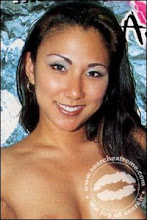









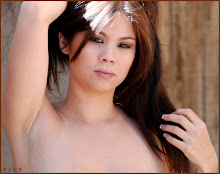













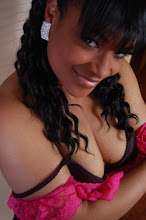
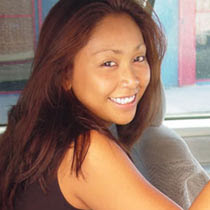

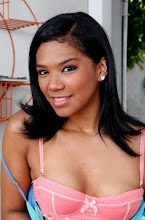









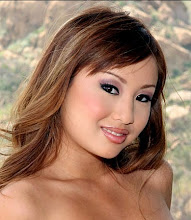

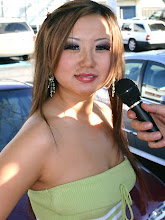
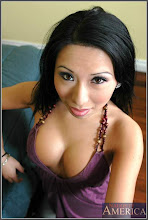
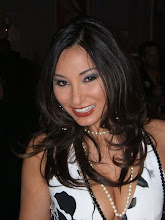









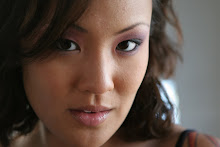

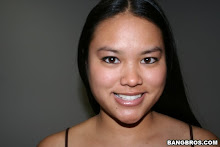






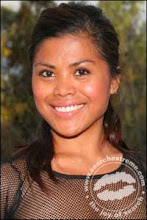






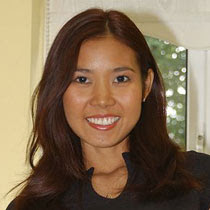








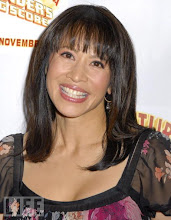











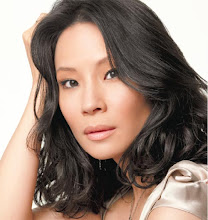




























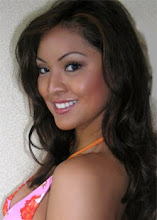


























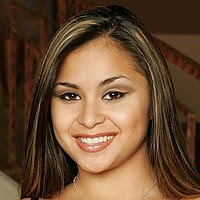

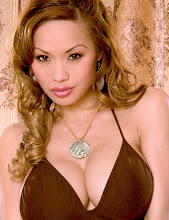
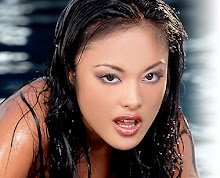

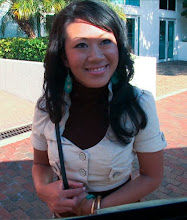








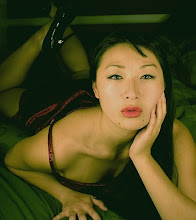








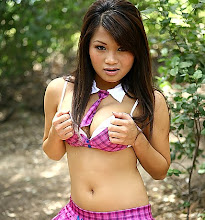

















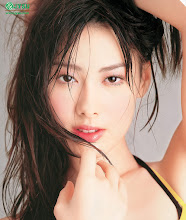



程 (Cheng) & 陈 (chen) can be confusing to some. Wang normally does not pose any question to native speakers.
ReplyDeleteThe problem with 蘇, 舒, 徐 and 許 in Taiwan is that the /X/, /Sh/ and /S/ tend to be pronounced the same way here. This isn't so much a difference between Taiwanese and Mandarin as a difference in the way that Mandarin tends to be pronounced here. It could be that there's no distinction in Taiwanese and that this is carried over when they speak Mandarin. I really don't know because I don't understand Taiwanese. The accent, so I've been told, becomes more pronounced the farther south you go in Taiwan, probably because during the relatively recent immigration from the Mainland when the Guo Ming Dang came here most of them settled in the north. Indeed, as you go farther south you are also, so I've noticed, more likely to come across people -usually elderly people- who don't speak Mandarin at all.
ReplyDeleteEven without the distinction between /X/, /Sh/ and /S/ the names sound very similar. A couple of people (Taiwanese) told me that 蘇 and 舒 sound the same to them because they have the same tone.
Another source of confusion could be 江 (Jiang1), 姜 (Jiang1), 蔣 (Jiang3) and 張 (Zhang1) which would also sound the same to foreigners. In Hong Kong, 張 is pronounced "Cheung" so you have the singer Jacky Cheung (張學友) and the actor Jackie Chan (陳港生) having very similar names in English. (It's sort of like the British singer Robbie Williams and the American actor/comedian Robin Williams, isn't it?) I had to look up to see how their names were written, of course: I didn't realize that Jackie Chan's family name was 陳 (Chen2). Do you know why he's called 成龍? Why not 陳龍?
Yet another source of confusion is 王 (Wang2), 黄 (Huang2) and 汪 (Wang1) because they are all written as Wong in Hong Kong.
Martin
Good example on Jackie Chan. Yeah, I am aware that both 王 and 黄 are Wong in Hong Kong, though to my ears, they are distinctively different. Have you been exposed to Shanghai dialect?
ReplyDelete